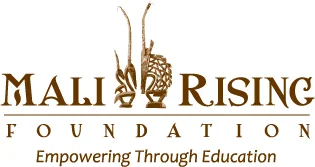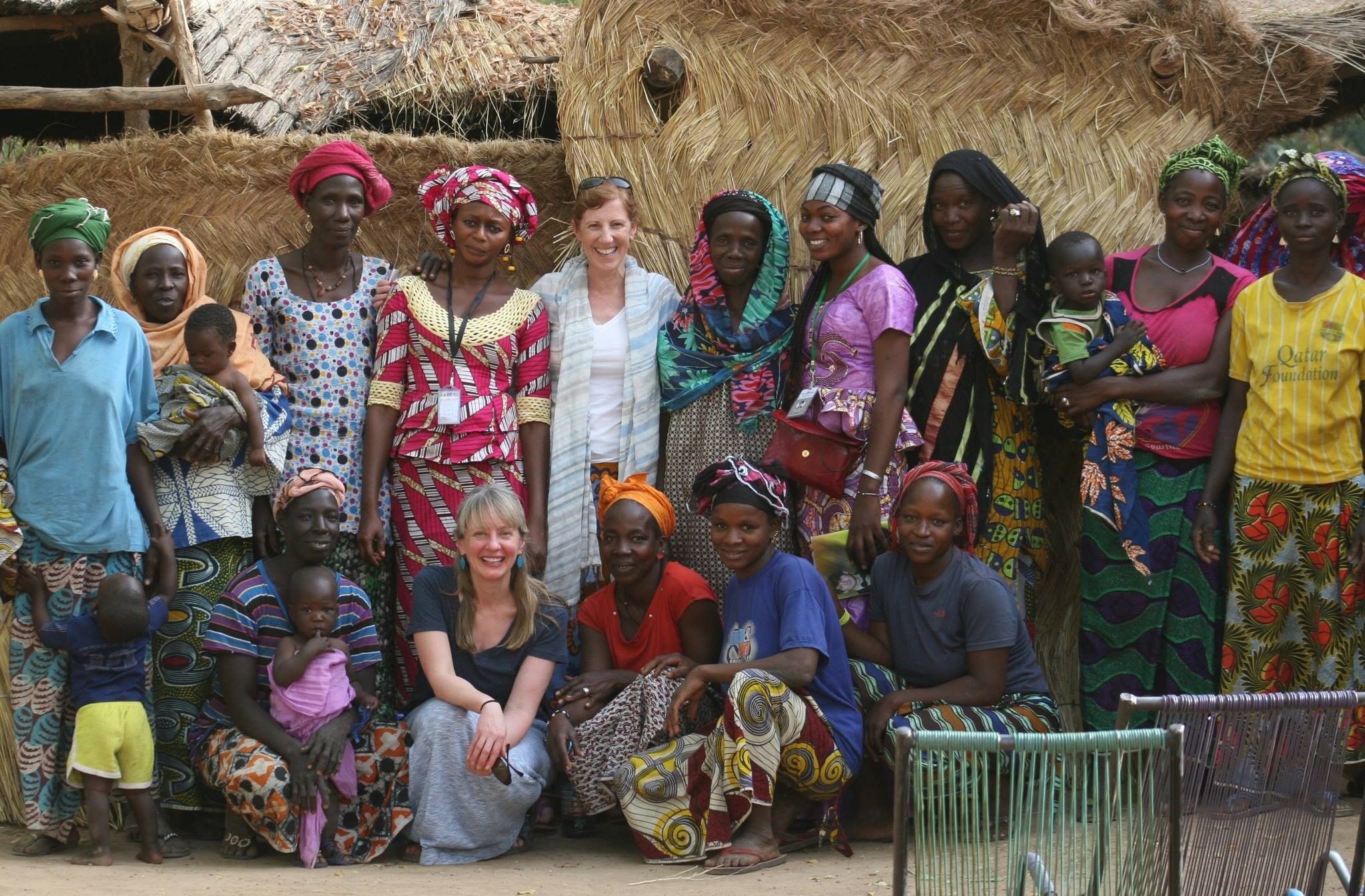Don’t know much about history? Here are some easy, fun ways to learn about Mali’s history….
Summer Vacation for Kids in Mali
Explore the Four Ms of Mali
These days, when we hear about Mali in the news it tends to be a bit of a downer. We read about jihadist attacks or military coups, or perhaps a sad story about someone who has been displaced and is deeply struggling to get by. These stories are true, but it is important to remember that Mali is still a place of culture, beauty, and good people. If you need a quick hit of that more positive angle, explore Discover Malian Culture: The 4 Marvelous Ms by Google.
Explore the Music of Mali!
One of the things Mali is most famous for is its music. Whether you are listening to the sounds of the traditional instruments or tuning into more modern musicians, Mali’s music is distinctive and world renowned. We’ve come up with a great way to introduce you to the range of Mali’s music — sign up for our e-newsletter and we’ll provide you with a curated streaming playlist.
Floods Become the Norm in Mali
This year, heavy rains have caused flooding and landslides across Mali including in urban areas. This increases the high risk of flooding that can lead to loss of crops and material goods in exposed localities. Unfortunately, this flooding is exactly what we have seen recently in many parts of Mali.
Announcing Our New Podcast!
Friday Fun Facts About Mali
By Merritt Frey, Executive Director
I recently had my 7 year anniversary as the Executive Director of Mali Rising…it is hard to believe! The anniversary has me thinking about how much I’ve learned over those years and how much I’ve grown to respect the people of Mali and love the culture of the country. On this cold Friday morning when I feel so far away from the warmth of the climate and people, I thought I’d share a few fun Mali facts to help you know the country a little better too.
This great picture is the perfect reminder of my first trip to Mali in 2016. This is the women of Simidji - home to Mali Rising’s Sue Chung Chui Middle School, Mali Rising staff member Hindaty, board member Jill, and me (bottom left/center).
FACT #1
Mali’s name comes from the Bambara word for hippopotamus, which can be found in the Niger River that winds its way through the country. As a side note, the name of Mali’s capital, Bamako, comes from the Bambara word meaning "place of crocodiles" or in some interpretations “the tail of the crocodile.”
FACT #2
Although today Mali is one of the poorest countries in the world, it used to be one of the very richest. Its great wealth was built on trading of salt and gold and the country was a center of scholarship and learning. (https://www.worldatlas.com/articles/10-interesting-facts-about-mali.html)
FACT #3
The prime meridian passes through the city of Gao in Mali. This means you can stand with one foot in each hemisphere if you visit Gao! (https://www.onhisowntrip.com/most-interesting-facts-about-mali/)
FACT #4
Mali achieved independence from France (which colonized much of West Africa) in 1960. This makes Mali quite a new democracy, and the legacy of colonization continues to cause issues today.
FACT #5
Mali’s economy is largely based on agriculture, with cotton being the primary export crop. Approximately 80% of the population is involved in farming or fishing as their main livelihood. Gold mining also contributes a significant amount to the country’s exports. Together, gold and cotton make up approximately 80% of the country’s exports. (http://justfunfacts.com/interesting-facts-about-mali/ and https://www.economy.com/mali/indicators).
Every country and every place has a complicated history and context. It has been a pleasure to have the chance to learn a little bit about Mali each year and to have my understanding of the place and people grow at the same time. It is such a good reminder to always be curious about how we are all the same and how we are all different!
Inspired by what you’ve read? Donate to Mali Rising to be part of keeping this work going!
History & Culture of One Mali Ethnic Group: the Soninké
In Mali, your ethnic group is a point of pride and connection. In our schools, we see students from a wide range of ethnic groups learning side-by-side – embracing their own history and culture while also enjoying the diversity of Mali. Today, I want to share the history of my ethnic group and a little of its culture, because I come from a very large Soninké family from Mali in the Kayes region.
Remembering Mali Independence Day
Do You Miss International Travel? Boy, I Do.
In preparation for our May 13 Get to Know Mali Volunteer Evening, I’ve been digging around into information about Mali that might be of interest to those of us in North America or Europe. As a side-effect of that research, I’m positively itching to be able to travel again and missing the sights, sounds, and smells of Mali! I figured some of you might be laboring under the same problem so thought I would share a snippet here about 5 places in Mali I wish I was exploring today:



